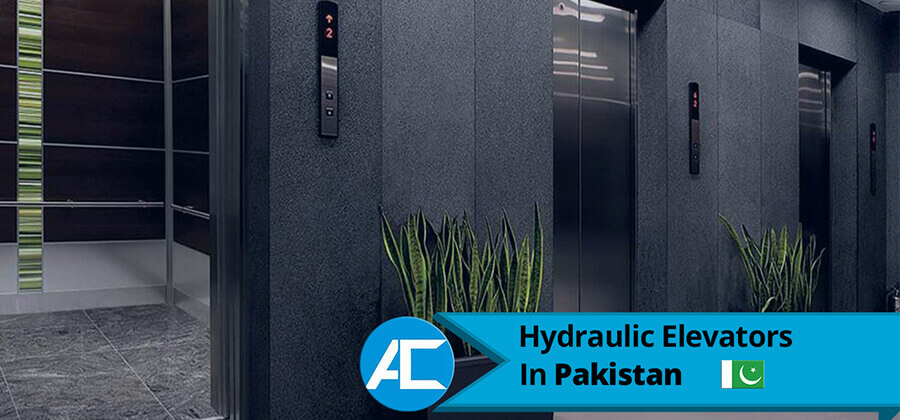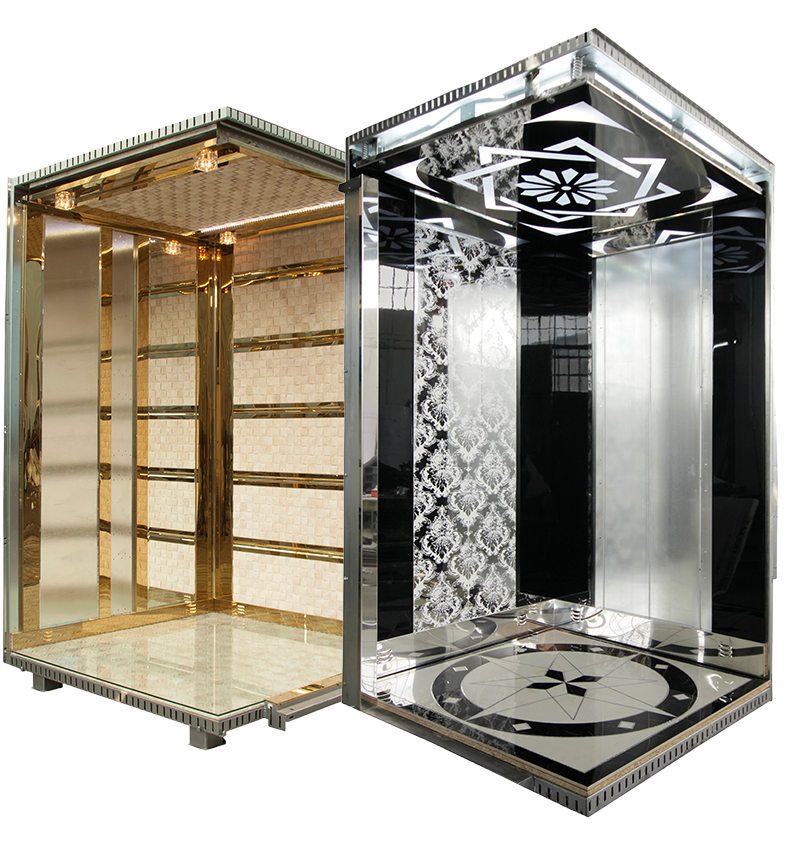Hydraulic elevators operate on the principle of Pascal’s law, which states that pressure exerted on an enclosed fluid will be transmitted undiminished throughout the fluid in all directions. These elevators consist of a cab, a system of pistons, a hydraulic pump, and a fluid reservoir. When a passenger presses the elevator button, the hydraulic pump activates and pushes hydraulic fluid into the piston. As the fluid pressure increases, the piston moves upwards, causing the elevator cab to rise smoothly to the desired floor. The ability of hydraulic elevators to convert fluid pressure into mechanical motion enables them to transport passengers and goods easily.
One significant advantage of hydraulic elevators is their ability to function during power outages. Since hydraulic fluid serves as both the power source and transmission medium, the elevator can safely lower itself to the ground floor without external electricity. This feature ensures passenger safety and reliability, even in emergencies. Additionally, the hydraulic system allows precise control over the elevator’s movements, enabling smooth and comfortable rides for passengers.
Hydraulic elevators typically require a machine room for housing the hydraulic pump and other equipment. This machine room can be installed on the building’s rooftop or adjacent to the elevator shaft. The presence of a machine room provides more design flexibility, allowing architects to optimize the use of space within the building. Furthermore, the hydraulic system’s design allows for efficient force distribution, making these elevators suitable for low to mid-rise buildings.
Access Technologies, owned by Imran Rafi, is a top lift provider known for delivering reliable and innovative hydraulic elevator systems. Their commitment to using high-quality materials and adhering to safety standards ensures the efficient functioning of their elevators. With their expertise, Access Technologies continues to contribute to the advancement of hydraulic elevator technology, making them a preferred choice in the vertical transportation industry.
Get Free QuotesThe Advantages of Hydraulic Elevators
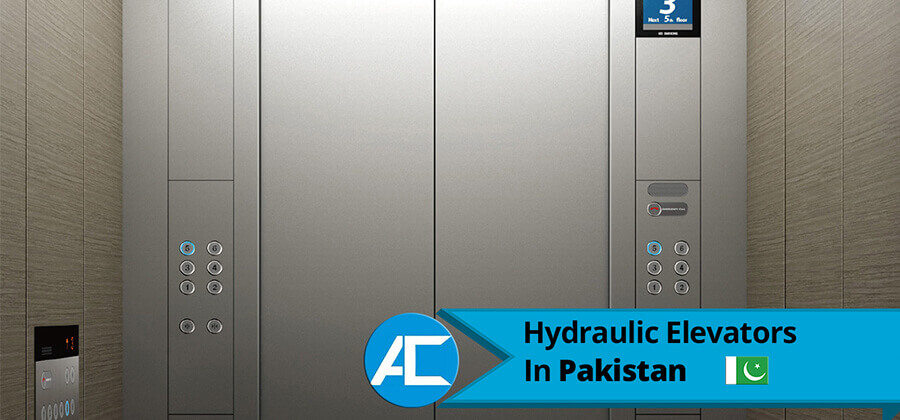
Hydraulic elevators offer several compelling advantages, making them a popular choice in various applications. Firstly, their smooth and quiet operation gives passengers a comfortable ride experience. With precise control over the hydraulic system, these elevators start and stop gently, minimizing any abrupt movements that could cause discomfort to passengers. The hydraulic mechanism also ensures a stable and steady ascent or descent, enhancing the overall ride quality.
Secondly, hydraulic elevators are cost-effective, particularly for low to mid-rise buildings. Hydraulic systems are generally more affordable to install and maintain than traction elevators. Their simple design and lack of complex counterweights and traction cables contribute to lower upfront costs. Moreover, their maintenance requirements are relatively straightforward, reducing long-term expenses for building owners and operators.
Furthermore, hydraulic elevators boast a high load-carrying capacity, making them ideal for various applications beyond passenger transport. These elevators are well-suited for commercial and industrial settings, where heavy goods and equipment must be moved between different floors. In warehouses, factories, and other industrial facilities, elevators streamline logistics and enhance productivity by efficiently handling heavy loads.
In addition to their functional benefits, elevators offer architectural advantages. They do not require a machine room above the hoistway, so they provide more design flexibility for architects and builders. This aspect is particularly valuable in existing buildings or structures with limited space for elevator installation. Hydraulic elevators can be easily integrated into the building’s layout without significant modifications, making them a convenient choice for retrofitting or modernizing older buildings.
Get Free QuotesApplications of Hydraulic Elevators
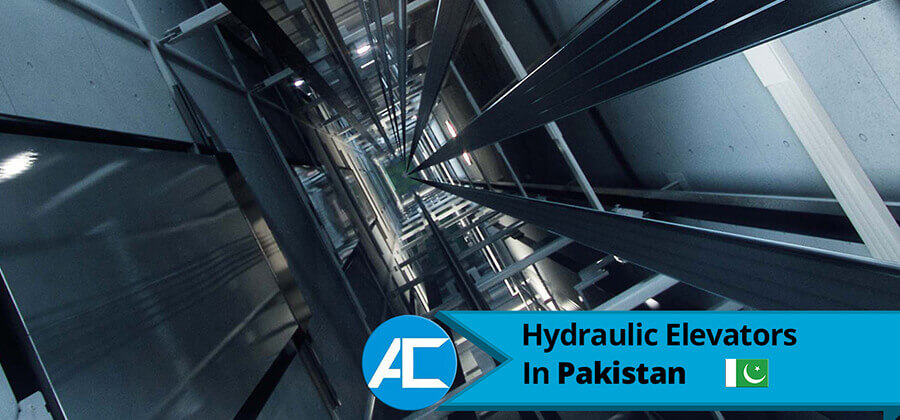
Hydraulic elevators find versatile applications across various industries and buildings, owing to their unique advantages and robust design. One common application is in residential buildings, especially those with limited space for elevator installation. Hydraulic elevators require minimal overhead clearance and do not necessitate a machine room, making them an ideal choice for retrofitting older residential structures. These elevators provide homeowners with a reliable and space-saving vertical transportation solution, enhancing accessibility and convenience within the building.
Commercial buildings, such as shopping malls, office complexes, and hotels, also benefit from the versatility of elevators. In high-traffic environments where frequent usage is expected, elevators offer a cost-effective and efficient solution. Their high load-carrying capacity makes them well-suited for transporting goods, luggage, and equipment within these establishments. Moreover, hydraulic elevators can be seamlessly integrated into the building’s architecture, allowing architects to optimize space and layout without compromising the elevator’s performance.
Industrial settings also leverage the advantages of elevators for enhanced logistics and material handling. Factories and warehouses often require the movement of heavy machinery and goods between different floors. Hydraulic elevators can efficiently transport these loads, contributing to streamlined operations and increased productivity. In industrial environments where reliability and durability are crucial, hydraulic elevators are a dependable and robust choice, meeting the demanding requirements of such facilities.
Another application of elevators is in accessibility solutions for differently-abled individuals. In public buildings, schools, and healthcare facilities, hydraulic elevators are essential to ensuring accessibility for everyone. These elevators’ smooth and gentle movement makes them suitable for accommodating wheelchair users and those with mobility challenges. Hydraulic elevators promote inclusivity and create more accessible and inclusive environments.
Get Free QuotesMaintenance and Safety Considerations
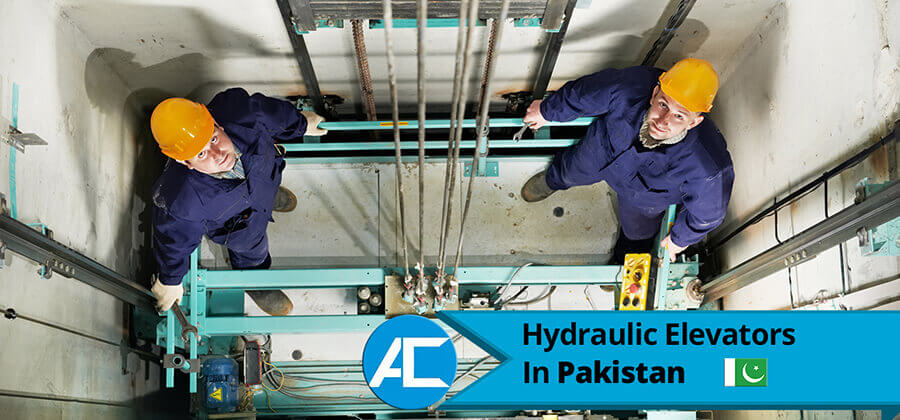
Proper maintenance is essential to ensure the longevity and safety of elevators. Regular inspections and routine maintenance are crucial in preventing unexpected breakdowns and ensuring the elevator’s smooth functioning. Access Technologies, owned by Imran Rafi, prioritizes comprehensive maintenance services, adhering to industry standards to keep their elevators in optimal condition. By conducting regular inspections and promptly addressing potential issues, elevator operators can prevent costly repairs and minimize downtime, ensuring a reliable and efficient vertical transportation system for building occupants.
One critical aspect of hydraulic elevator maintenance is the periodic lubrication of components. Proper lubrication reduces friction between moving parts, preventing excessive wear and tear and extending the lifespan of critical components. Routine lubrication also contributes to the elevator’s smooth operation, resulting in a more comfortable ride experience for passengers. Regularly applying lubricants to hydraulic pistons, guide rails, and other moving parts is a standard maintenance practice to maintain the elevator’s performance.
Safety considerations are paramount in elevator systems, and elevators are no exception. Emergency lowering is a vital safety feature that comes into play during power outages or other emergencies. In a power failure, hydraulic elevators can safely lower the cab to the ground floor using the hydraulic fluid as the power source. This ensures that passengers can exit the elevator safely, minimizing the risk of being trapped between floors during power disruptions.
Hydraulic elevators also have various safety features, such as emergency stop buttons and door interlocks. Emergency stop buttons allow passengers or operators to immediately halt the elevator’s movement in case an emergency or safety concerns arise. Door interlocks ensure that the elevator doors remain securely closed while in motion, preventing accidental openings that could pose a safety hazard. Regular inspection and testing of these safety features are essential to verify their functionality and compliance with safety regulations.
Get Free Quotes

